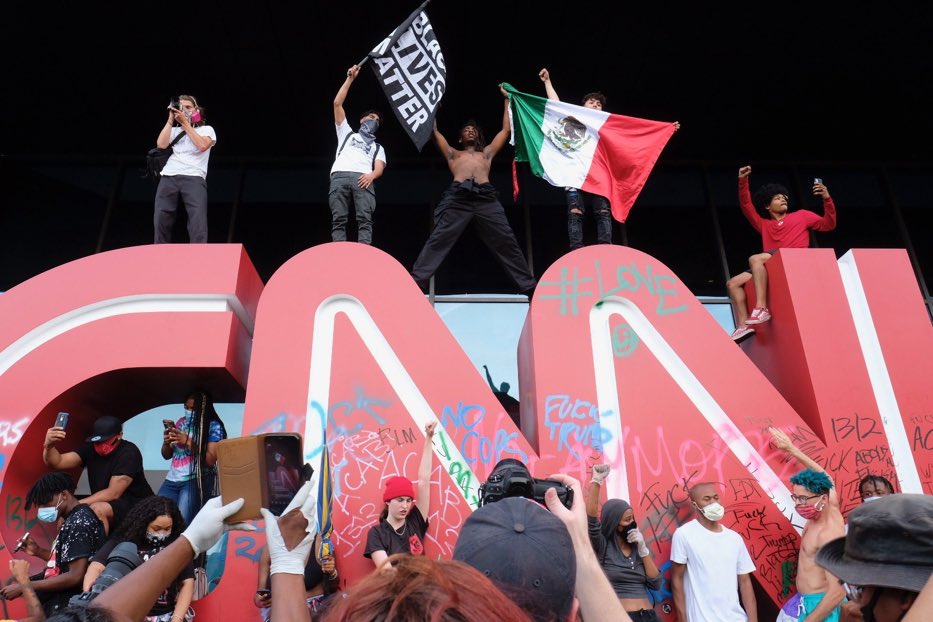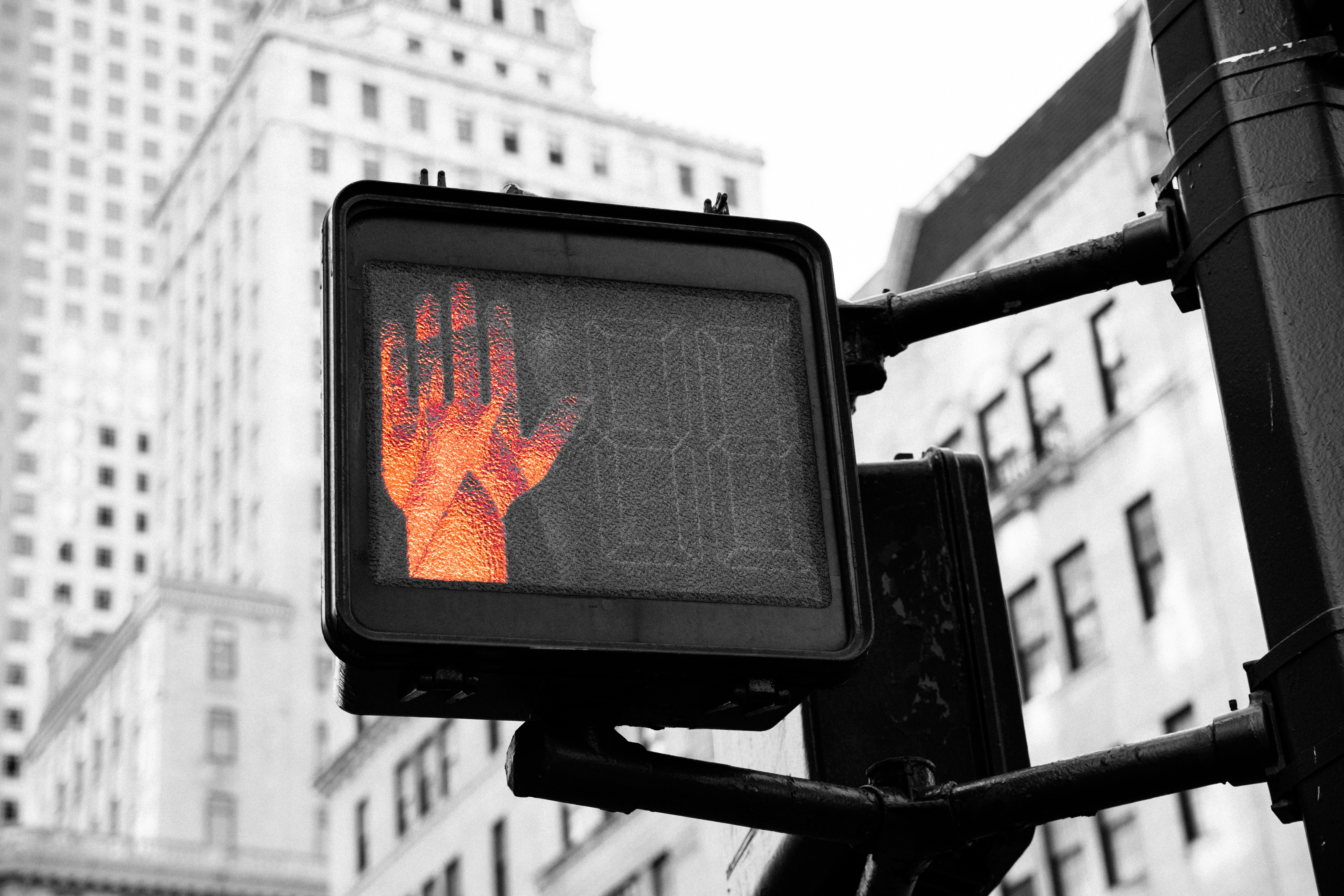A couple of months ago, I read Ideas That Changed My Life by Morgan Housel, a Partner at the Collaborative Fund. I thought I’d make my own list as a reflection exercise.
Life is suffering
Rough one to start off a list with. Buddha once said that “Life is suffering”. A more pessimistic and often times wrong way of looking at this that life is nothing but suffering. What Buddha means, or at least what I think he means is if you have to accept suffering as much as you accept the happiness in your life. The more you accept that you’ll suffer, the less likely you won’t feel as entrenched in the situations that cause suffering. A great practical example is working out. I work out and I feel sore after I’m done. Underneath it all, my muscle fibers are breaking themselves apart to become stronger in the long run. If I want to enjoy my gains in strength, I have to accept the soreness and discomfort that comes with it.
Understanding life is suffering opens life up to a bunch of new opportunities. It decreases fear of the unknown and allows people to take more risks. It also allows you to maintain a stoic outlook on things that happen to you in life.
You can’t change things outside of your control, but you can change your attitude.
This saying takes from the stoic practice of being a micromanager of your thoughts and feelings like the only thing you can really control. Honestly, by following this practice, I’m always surprised by what happens but always enter a situation with the knowledge I can manage my thought and emotions more than I can dictate the outcome.
Real happiness comes from trying to be the best version of yourself
The real happiness is in growth. Imagine all times you’ve struggled through something or learned a new skill and then seen growth in that activity. Challenging yourself to continuously grow to the best version of yourself is one of the few areas where you can achieve true happiness.
Innovation happens at the intersection of traditionally unassociated areas.
The Medici Effect: Breakthrough Insights at the Intersection of Ideas, Concepts, and Cultures is a book written by Swedish-American entrepreneur Frans Johansson in 2004. In this book, Johansson describes that disruptive innovation often comes from people who are not in that specific industry and the biggest innovations happen at the intersection of unrelated areas.
This idea provides a process/map where people can find brilliant ideas…Most of the time it’s in a totally random place where most wouldn’t think to look.
You’re a walking miracle
The probability of human birth alone is close enough to zero. The idea that your body didn’t give up on you as many ways as it could, or the fact you survived the day to read this is a testament to miracles. Your existence continues to compound in improbability until you grow old and pass on.
Remember how special you are is super important but it also helps you realize how special those around you are and how lucky they are to have you in their life and for you to be in theirs.
Belief is one of the most powerful tools we have as humans
The power of belief is a testament to the power of the brain and mindset. We can trick our brains into doing things just by believing a couple of fundamental truths, for better or worse.
Don’t let perfect be the enemy of good.
Perfect is an unattainable, ever fleeting benchmark that really doesn’t exist. Good, most of the time, is enough and perfection gets in the way. This resonates as a product person. They’ll never be the perfect time to launch or the perfect time to refactor, or the perfect set of features. At the end of the day, just get out there. You’ll be better with an executed good rather than waiting on an ideal perfect.
80/20 Rule
I didn’t believe the 80/20 rule but it just proves to be a universal truth. For those who are unaware, 20 percent of your activities will account for 80 percent of your results. This has wide crossing implications but it comes into play when you focus on where to allocate time and resources. Think of businesses, for example. Let’s take Google. Search and Ad business accounts for about 20% of the company and accounts for around 80% of Alphabet/Google revenue. Even personally, when you work out, the last set when you’re tired account for a majority of your gains. I’ve found this to apply in nature, society, life, etc.
Visualize The Worst-Case Scenario
Sometimes we fear the unknown and it festers in our brain which leads to uncertainty, doubt and a lack of confidence. Something I learned from a professional speaking class that made a lot of sense is imagining the total failure of speech/situation. What are the steps you take or don’t take to get to that situation? How do you feel? What happens as a result of the worst-case scenario coming to bare? Visualizing the worst that can happen reminds me of one of my favorite quotes from Littlefinger:
“Don’t fight in the North or the South. Fight every battle everywhere, always, in your mind. Everyone is your enemy, everyone is your friend. Every possible series of events is happening all at once. Live that way and nothing will surprise you. Everything that happens will be something that you’ve seen before.”
Littlefinger – Game of Thrones
I’ll write a follow up next year…….




